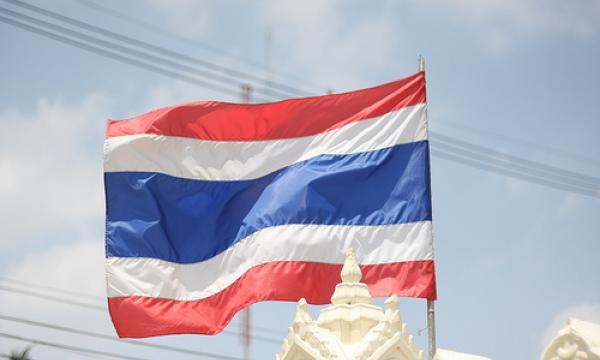
Thailand weathers currency downturn on bloated current account surplus
At 7.6% of GDP, its account surplus is amongst the strongest in the ASEAN-6.
Thailand’s robust external finances as seen from its high current account surplus as a share of gross domestic product (GDP) may support the Thai baht from potential negative global economic shocks over the coming quarters, according to a report by Fitch Solutions.
External finances have been supporting the Thai baht’s regional outperformance over the past 12 months, depreciating by a mere 0.3% against the USD, the report noted.
Regional peers Indonesia and Philippines which are heavily reliant on capital inflows to drive growth were however, not as lucky. Risk aversion from escalating US-China trade tensions and tightening monetary policy US Federal Reserve has caused the Indonesian rupiah and Philippine peso to weaken 5.9% and 5.4% respectively in 2018.
Despite data indicating that local corporates are looking for opportunities in other markets overseas to diversify their portfolios and grow into international players, capital outflows do not pose a significant threat to the Thai baht, Fitch Solutions said.
“Annualised net foreign direct investment (FDI) which is usually a relatively stable source of capital flows came in at -1.8% of GDP in Q3, similar to the level in the previous quarter,” Fitch Solutions noted. “This suggests that the basic balance of payments was still well in positive territory of 5.9% of GDP in Q3, and in our view, this strong strong external position should be supportive for the baht over the coming quarters.”
However, Fitch Solutions observed that the goods surplus deterioration is far from over as according to data from the Bank of Thailand, annualised current account surplus as a share of GDP fell to 7.6% in Q3 from 10% in Q2. The deterioration in the country’s external finances in Q3 was mainly attributed to a decline in the surpluses of goods and services to 4.6% of GDP and 6%, respectively.
“Even though our view is that Thailand’s current account surplus will continue narrowing over the coming quarters after peaking in 2016 at 11.9% of GDP primarily due to a deterioration in its goods trade surplus, it will still be amongst the strongest ASEAN-6 economies which includes Singapore, Thailand, Malaysia, Indonesia, Philippines and Vietnam,” Fitch Solutions said in its report.
























 Advertise
Advertise






